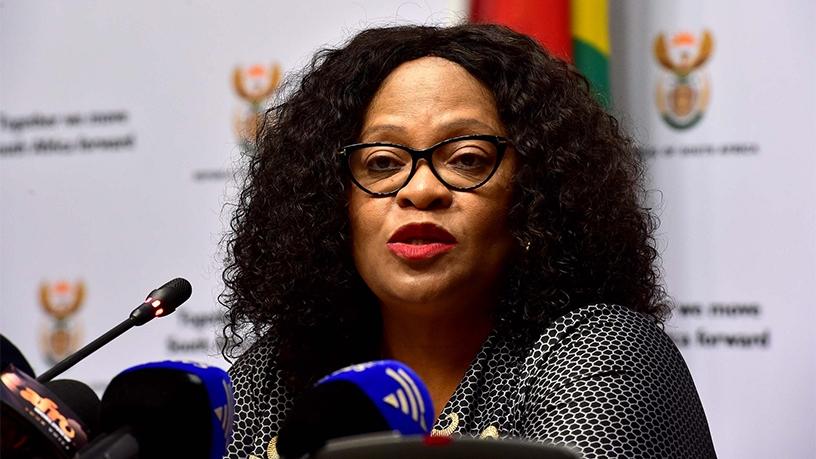
South Africa's Broadcasting Digital Migration (BDM) project has experienced challenges, admitted communications minister Nomvula Mokonyane yesterday.
Mokonyane was delivering her department's budget vote in Parliament, and noted it's been more than 10 years since Cabinet approved the migration policy but the country is yet to switch the broadcasting system from analogue to digital terrestrial television (DTT).
Such delays, according to the minister, have become costly for the government and the industry.
SA missed the June 2015 deadline set by the International Telecommunication Union for countries to complete the full switch from analogue to DTT. In addition, the country's BDM project has, in the past, been plagued by controversies that have further bogged down the process. The migration date has been moved numerous times, with the latest promise being that the switch will be completed by June 2019.
Promises galore
In the past, the DOC, which is facilitating the country's digital migration, made numerous promises about how it plans to prioritise its flagship project. However, there has been little evidence that points to any significant progress in this regard.
In her speech, Mokonyane vowed to get DTT back on track and accelerate the analogue switch-off.
Engagements with all the relevant stakeholders are on-going, she stated, committing herself to sharing the plans in due course.
Mokonyane pointed out: "Such plans will include the process of setting up an advisory council to bring in the technical know-how and insight in this area of expertise. We will also look into potential public-private partnerships that could support our expedited migration to digital through cost-effective and efficient means; and accompanied by a clear definition of roles and responsibilities for all.
"We shall engage in a process of resource mobilisation and the identification of alternative means which may support our intentions to expedite the migration to digital. We believe strongly that a collaborative approach will be the catalyst required to ensure the success of digital migration."
Trimmed budget
The communications ministry will have R36 million less to spend this financial year, revealed Mokonyane. The DOC's total budget for the 2018/2019 financial year is R1.5 billion.
According to the minister, 61% of the department's budget will be transferred to its entities. The entities under the DOC's wing include: Independent Communications Authority of SA, Government Communication and Information System (GCIS), SABC, Film and Publication Board, Brand SA, and the Media Development and Diversity Agency.
The GCIS, which is charged with managing public communication of government activities and policy, receives the biggest allocation, she told members of Parliament. The GCIS is expected to use its budget to drive communication work, awareness and promotion of government services and programmes.
She explained: "Our priorities in the next 10 months will be on four focus areas, namely: creating a new vision for the broadcast sector, accelerating the migration from analogue to digital, stabilising our entities and the SABC, and improving organisational capacity.
"In delivering on these priorities, we know we cannot do it alone. We require partnerships and collaboration with all the stakeholders, including the communities, the industry, non-governmental organisations, academia and labour."
Share